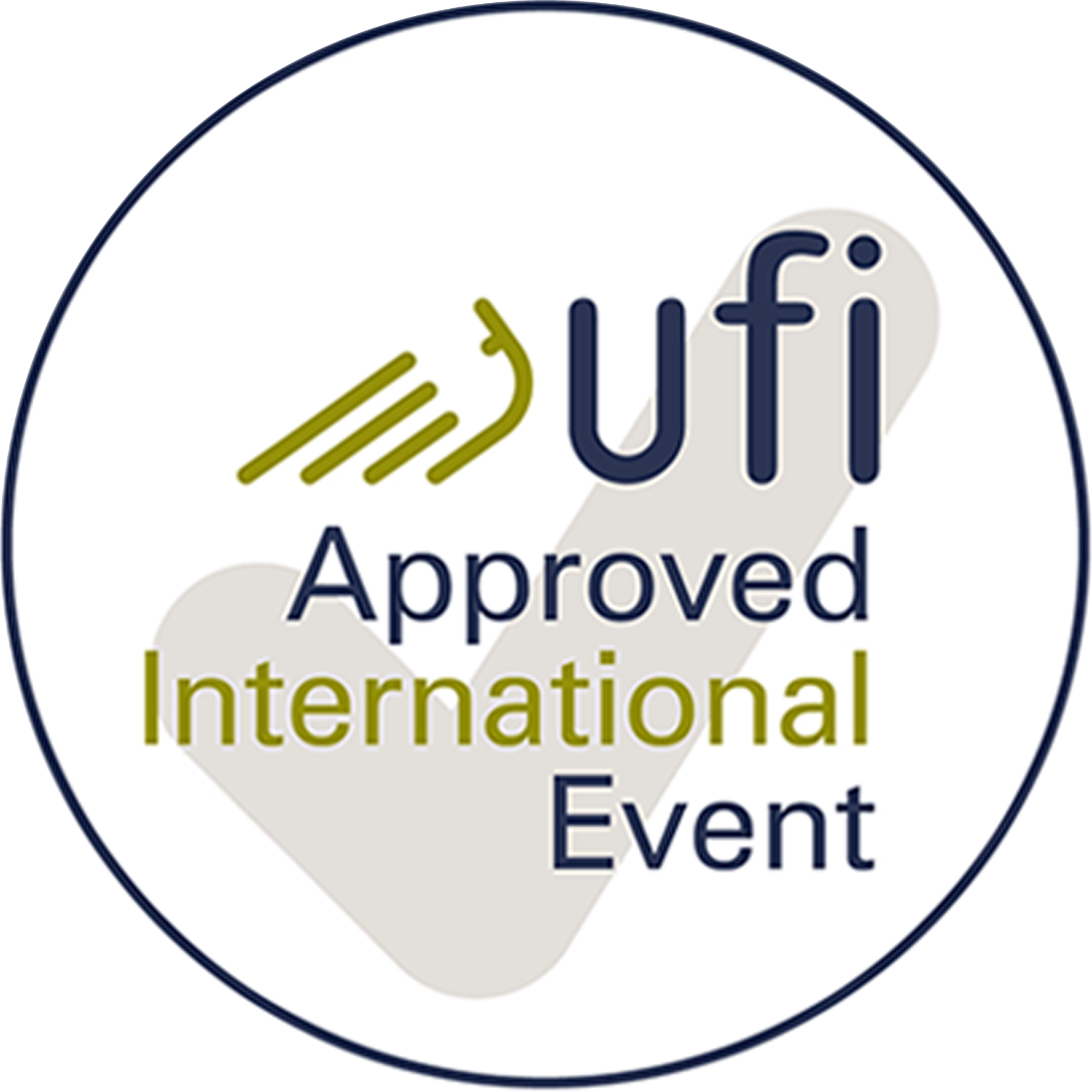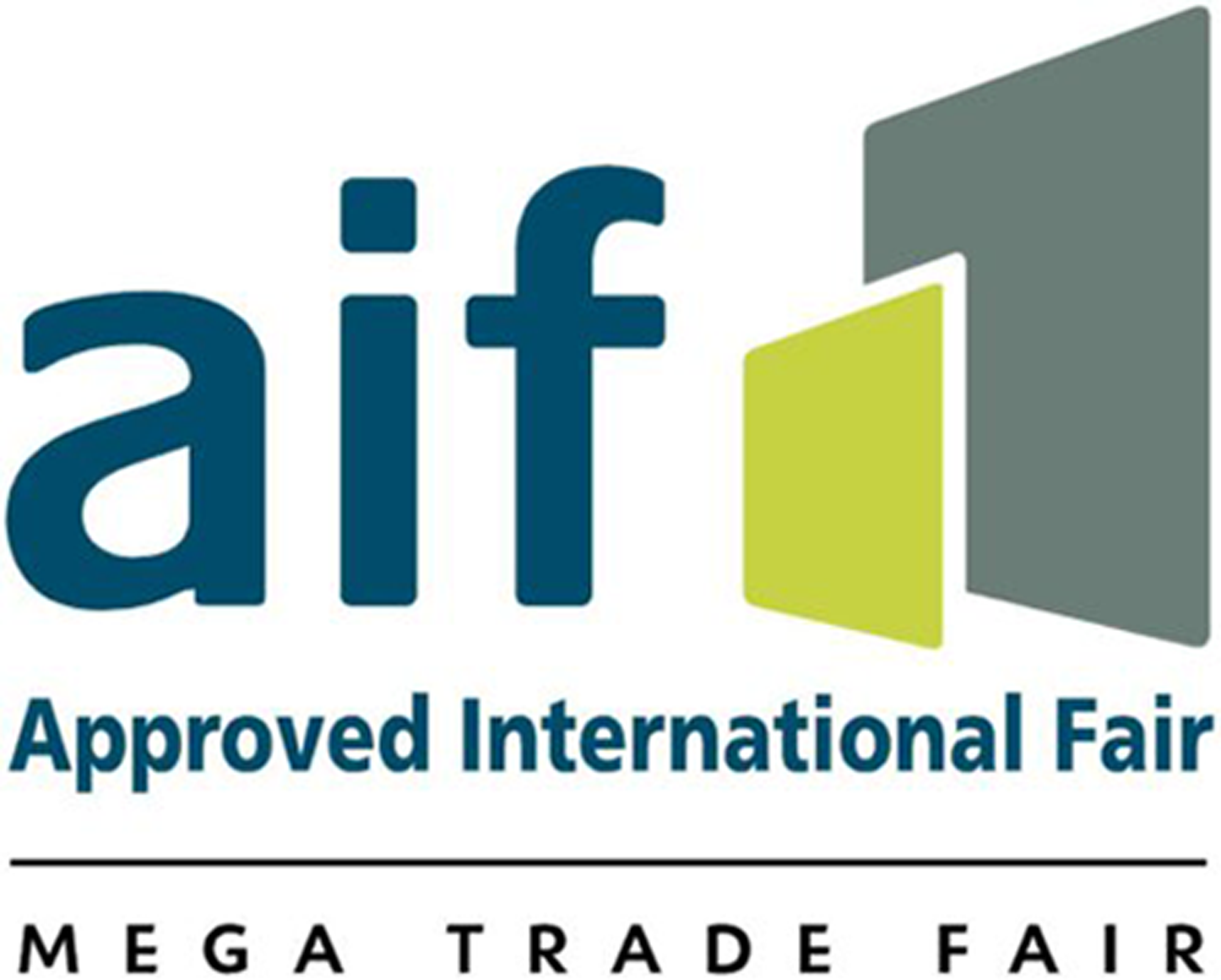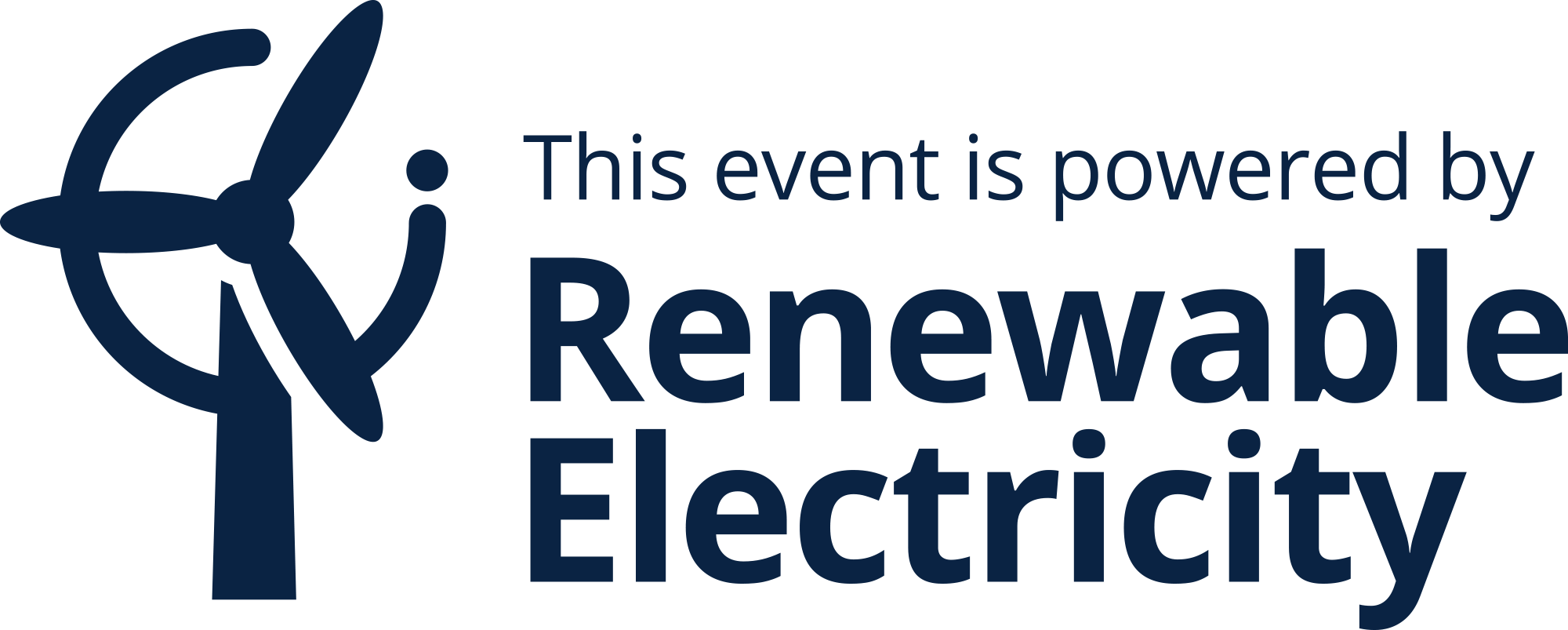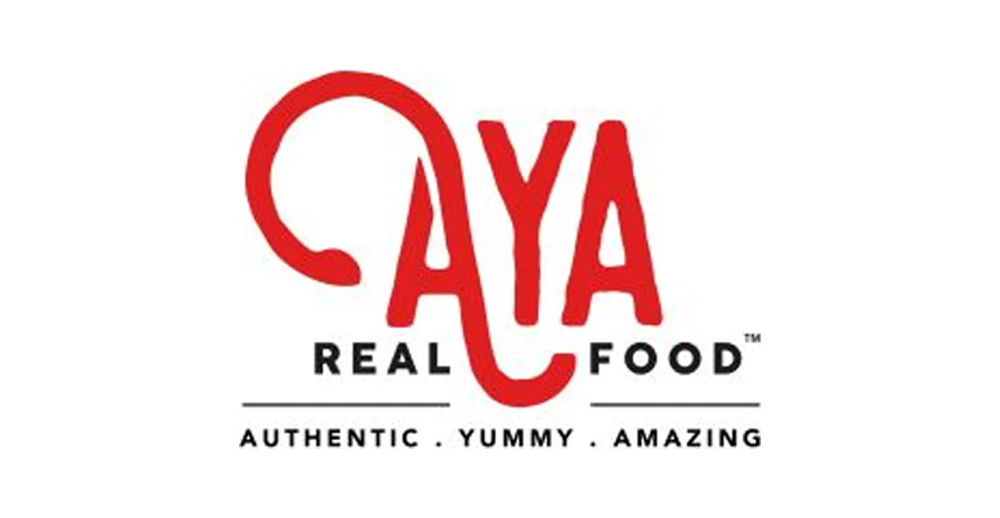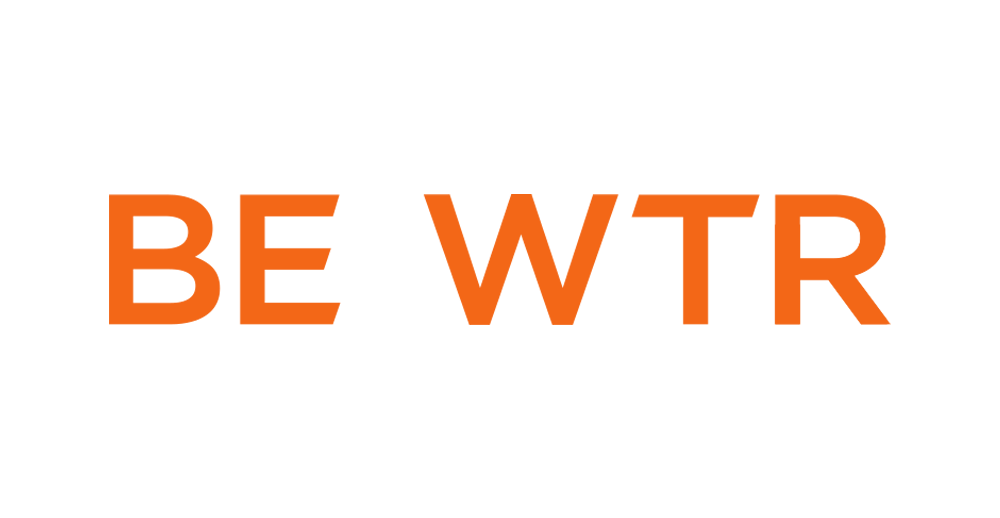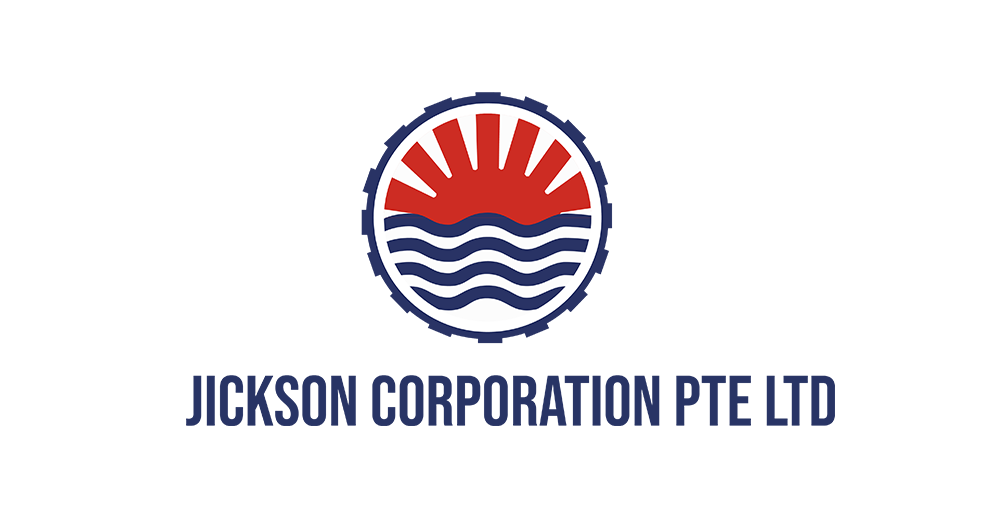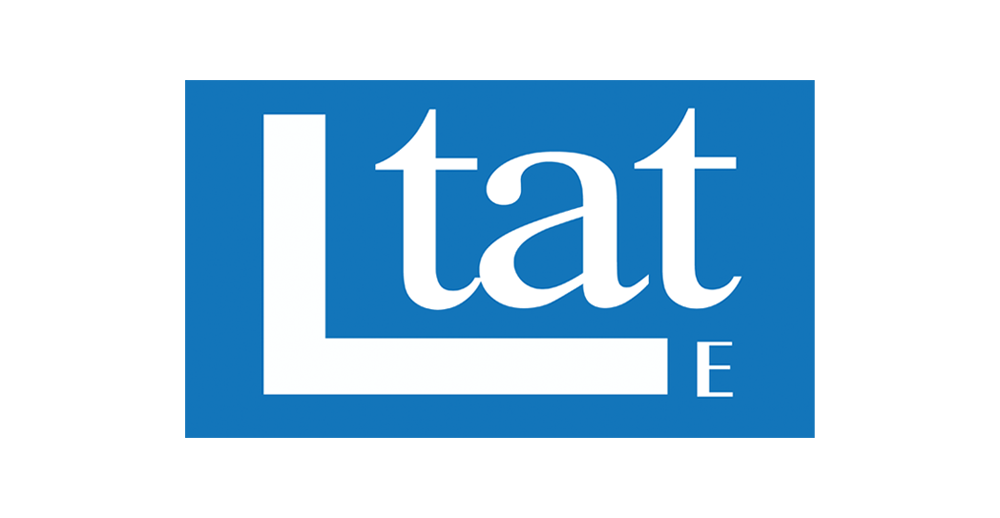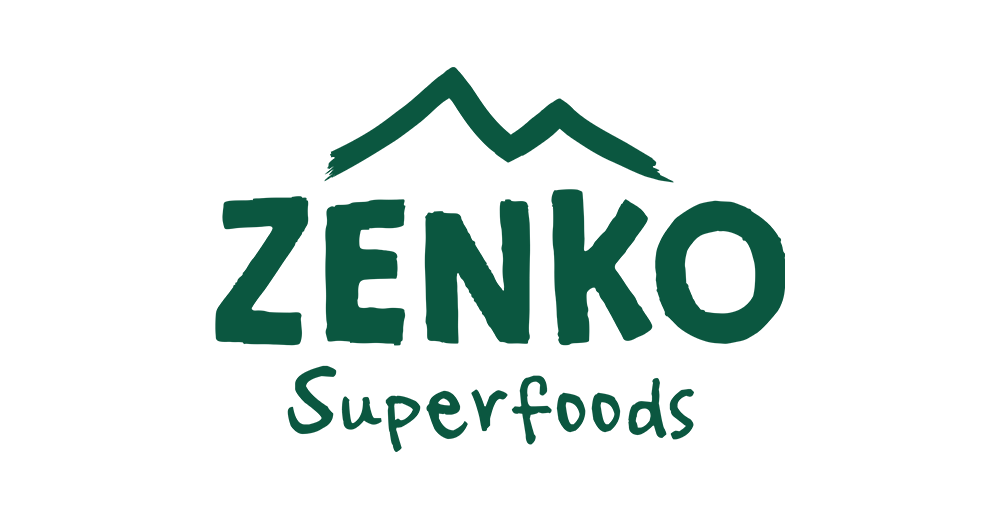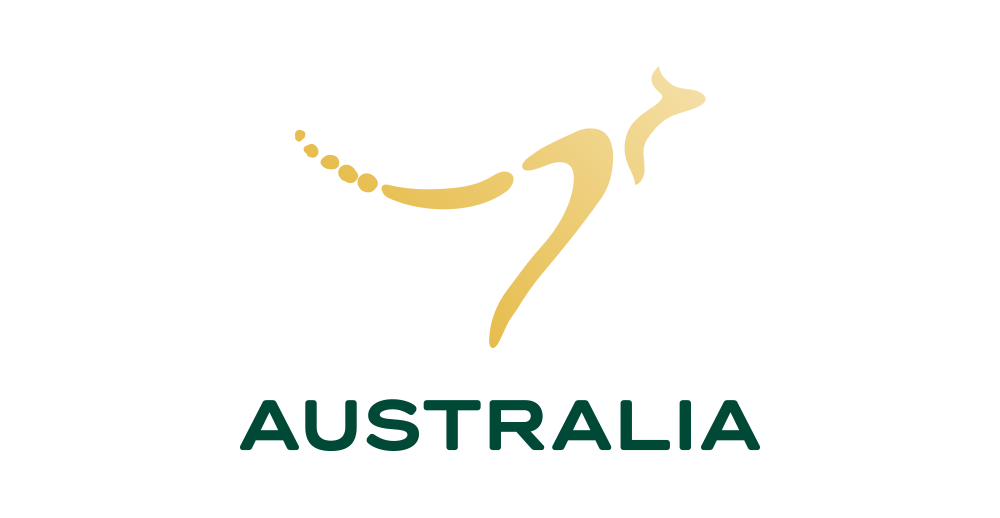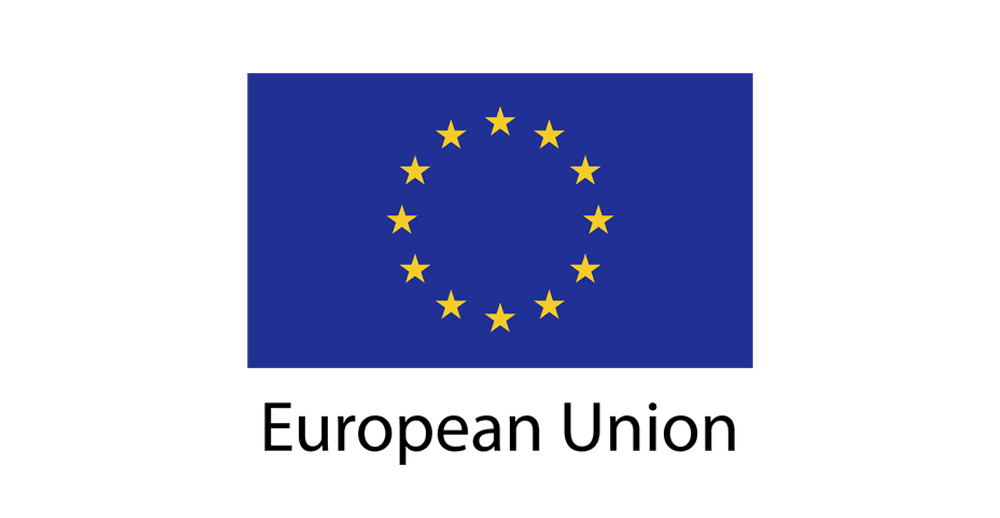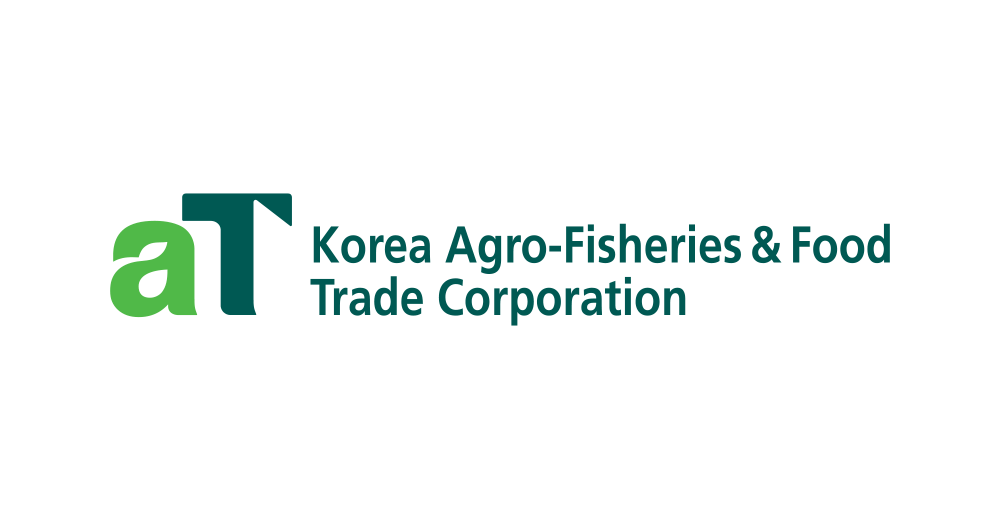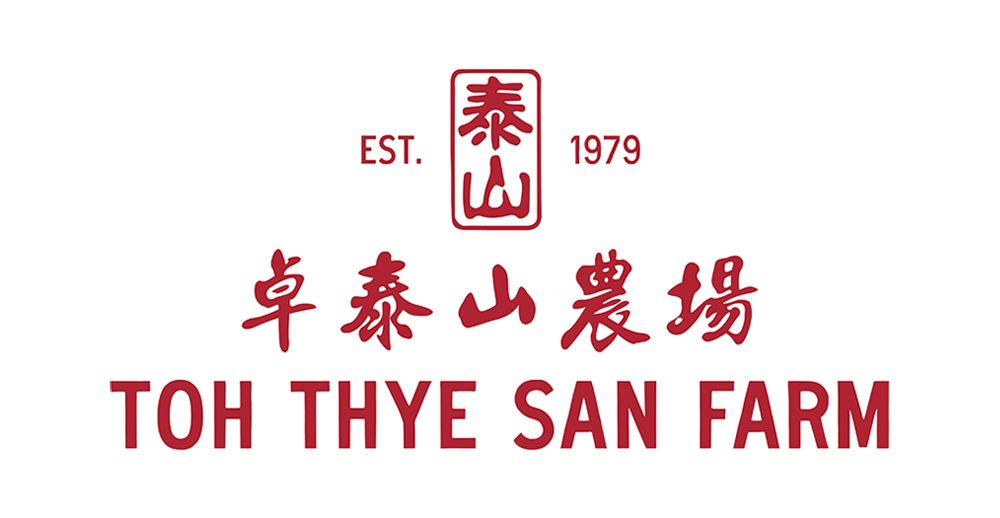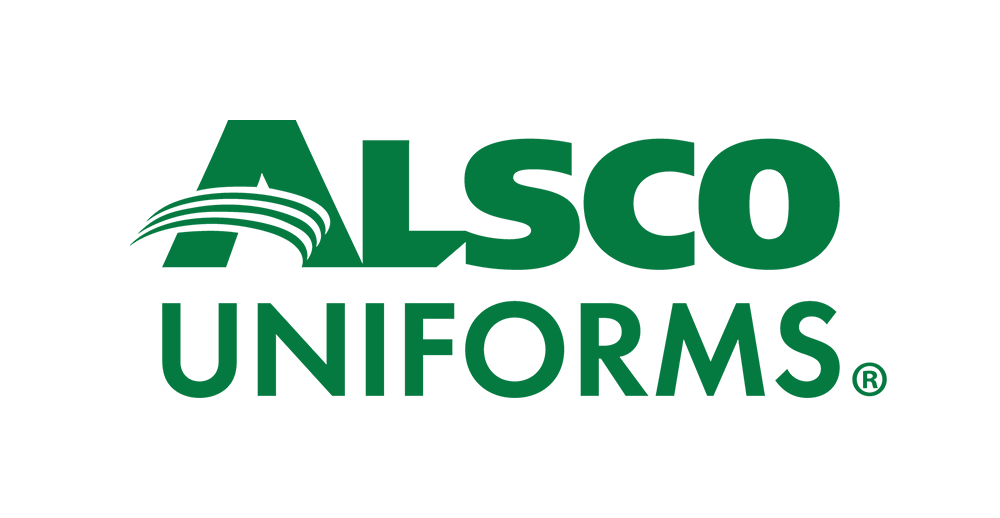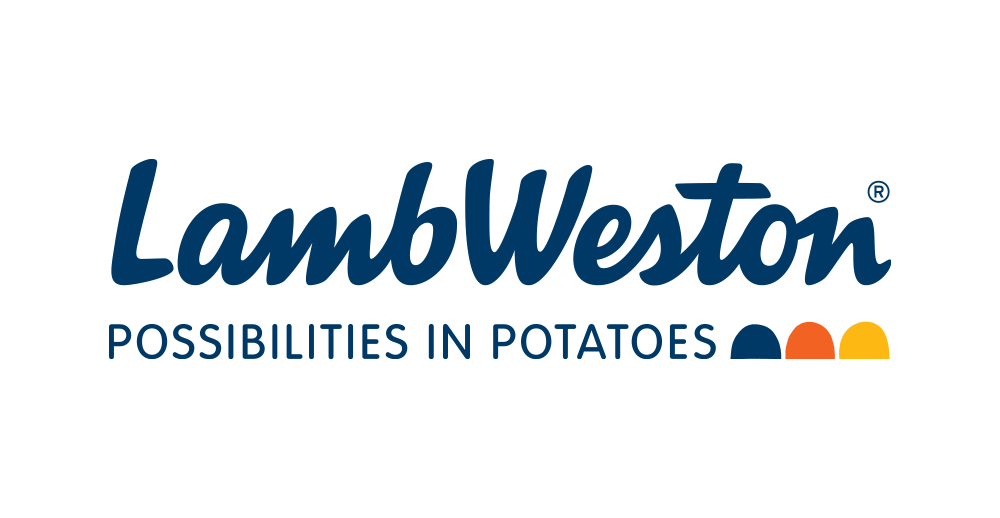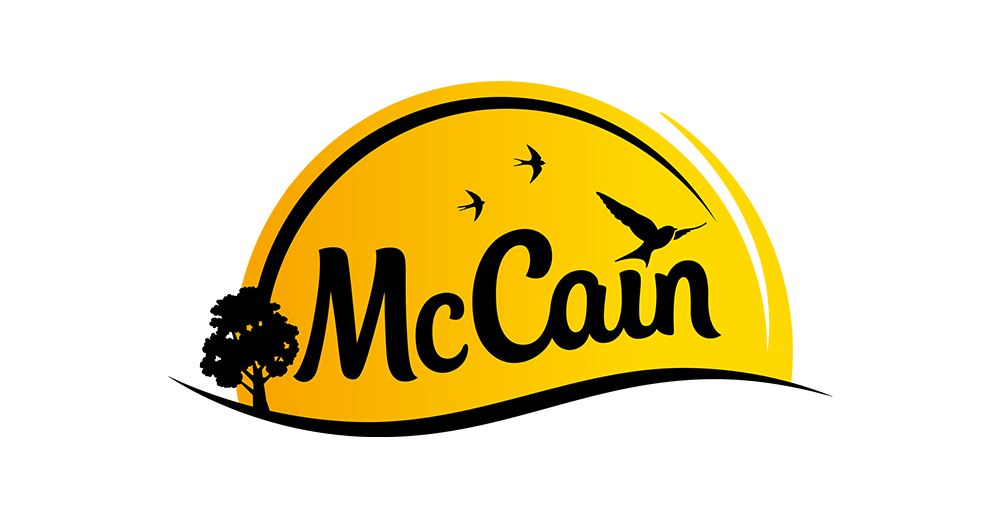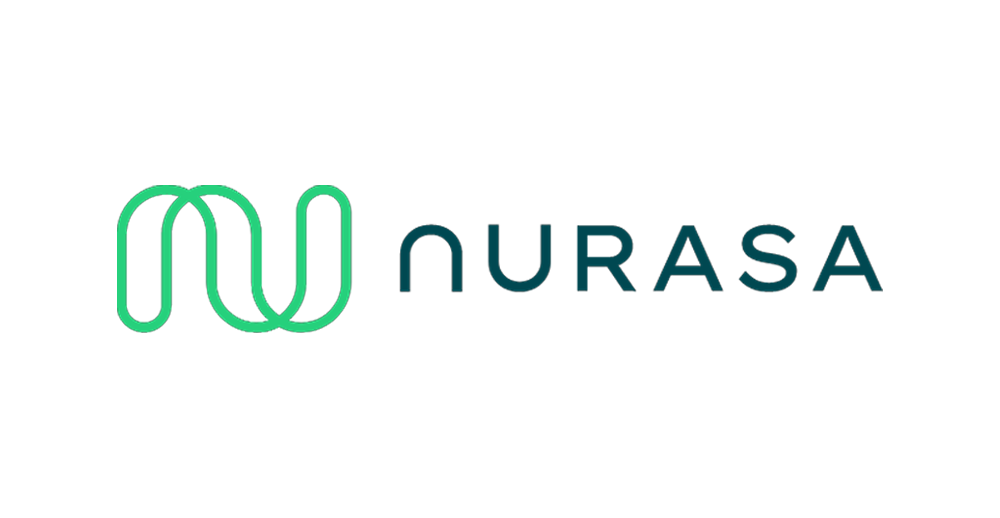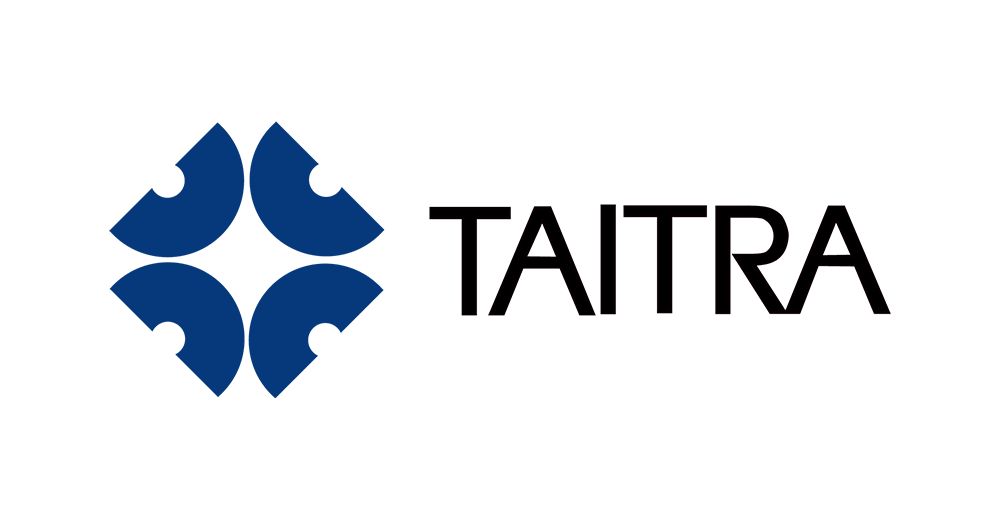
The Global Islamic Economy
The global Halal market is projected to grow from USD$2 trillion of consumer spending in 2021 to US$2.8 trillion by 2025 at a CAGR of 7.5%, according to The State of the Global Islamic Report 2022 by DinarStandard.
The same report noted that Muslim spend on food is expected to reach $1.67 trillion in 2025. Global food trends observed include significant mergers acquisitions among Halal food players, expansion of digtalisation across the value chain from farm to fork. Food tech has also garnered particular attention towards improving the production, traceability of agri-produce and logistics.
At this year’s FHA Seminar, Ms. Dewi Hartaty Suratty from Warees Halal Limited, Mr. Mohamed Khair Mohamed Noor from SuChi Halal Consultants, and Mr. Fazal Bahardeen from CrescentRating shared insights on the Halal market and opportunities it brings.
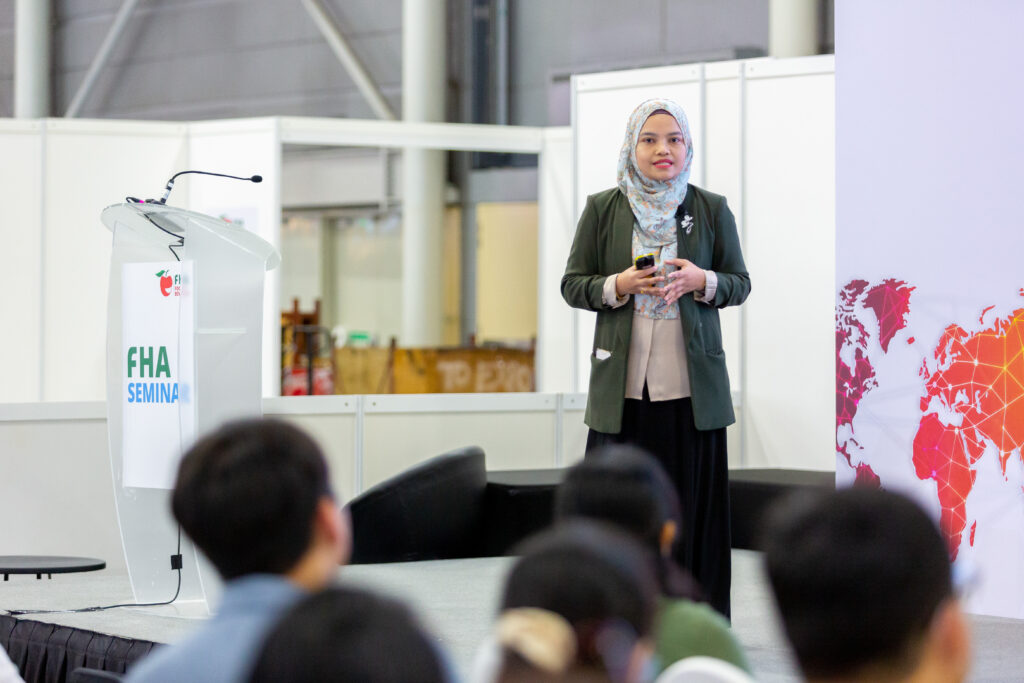

Ms. Dewi Hartaty Suratty from Warees Halal Limited and Mr. Mohamed Khair Mohamed Noor from SuChi Halal Consultants presenting on key trends and opportunities in the local Halal food sector at FHA 2023.
Singapore’s halal landscape
Singapore’s domestic halal dining market is estimated at S$700 million in 2019. Coupled with Muslim visitors to Singapore spending S$300 million in 2019, the total Halal dining market was estimated to be S$1 billion. (CresentRating, 2021)
Singapore is currently ranked 7th on the Global Islamic Economy Indicator. With more than 50,000 Halal-certified products, over 5000 Halal-certified establishments, a strong regulatory Halal framework and a reputable Halal certification system, Singapore is also the top Muslim-friendly travel destination among non-Muslim countries.
Opportunities in Singapore’s halal food sector
Halal Food Trends
“Firstly, with the aging population and the focus on health and wellness, we see businesses not only providing Halal products, but also healthier options low in salt, sugar and fats, and fortified with vitamins and minerals, and even those with plant-based rather than animal-derived sources. Consumers are now more concerned with the environment because of climate change so businesses are now adopting more sustainable practices through using eco-friendly packaging and businesses are leveraging on technology to enhance their offerings,” added Suratty.
Local Halal consumers are becoming more enlightened and discerning
There is an increased awareness of halal food meaning, and it’s significance and implications. Muslim consumers are now more discerning in terms of halal food choices Previously, “pork free” or “no pork, no lard” labels were accepted by some quarters within the local halal market but now it is generally no longer accepted by Muslims. The label “no pork, no lard” is still being used by some non-Muslim owned eateries.
Millennials are looking for more food options
Singapore’s Halal food scene has seen a rapid expansion in providing a wide variety of Halal cuisines. According to a 2021 CrescentRating report on Singapore’s Halal food lifestyle, local Muslim millennials are the key driving force accelerating this growth. This population group aged between 25 and 40 years old account for 24% of the local Singaporean Muslim population with a per capita annual expenditure of S$1117.
Diversification of food sources
“As part of Singapore’s food security agenda, we’re looking to diversify sources of import from overseas as well as increasing local food production. In future, we can potentially see more diversified Halal food options that cater to various customer needs and preferences. In addition, because of the growth of the Halal industry, countries are also starting to strengthen their regulations to provide greater assurance and manage the growth of the halal industry. For countries that are looking to export to particularly Muslim-majority countries, they will need to understand that they will be local laws that they need to adhere to, potentially Halal trade requirements they will need to comply with,” Suratty told FHA.
Muslim Travel Patterns

Mr. Fazal Bahardeen from CrescentRating presents key findings from the Global Muslim Travel Index at FHA Seminar 2023
The Halal travel demographic is a sizeable market segment globally. According to Mastercard CrescentRating Global Muslim Travel Index 2023, Muslim international arrivals hit 110 million in 2022 and are forecast to reach 140 million in 2023.
Currently Asia leads the way for arrivals, with more than 31 percent of all travelers to this region identifying as Muslim. Indonesia and Malaysia have emerged as the top two destinations globally for Muslim travelers.
Trends observed among Muslim travels include incorporating sustainability into their travel, opting for destinations and activities to improve their health and wellness, finding opportunities for immersive experiences and authenticity, and incorporating personal development into their travel plans.
FHA – Food and Beverage returns next year on 23-26 April 2024 at Singapore Expo. With a line-up of leading global suppliers, industry professionals can anticipate the most extensive showcase of trending F&B and hospitality products and solutions, cutting-edge technologies for food & drinks manufacturing, and more at the mega event. Contact us to get involved.




